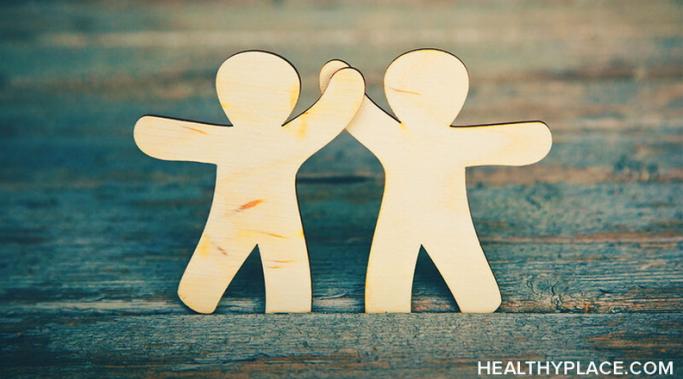Blogs
Early this week at my meeting, we shared some of the toughest hurdles we've faced on our journey to gambling addiction recovery, and I couldn't help but notice that budgeting and debt managing emerged as a key theme. It's difficult to dig yourself out of debt and regain financial stability, especially if you don't know much about finance management. There are also limited resources on the topic aimed at recovering gamblers. This inspired me to delve deeper into the topic, as rebuilding finances was also one of my biggest challenges on my journey to recovery.
Handling others' reactions to verbal abuse can be challenging. Managing a verbally abusive relationship is difficult, especially when an outsider provides their opinion on the situation. Listening to reactions from others dismissing the severity of the problem can cause feelings of anger and resentment. Someone who is the regular target of verbal abuse may seek out support from others only to face avoidance or skepticism.
Life has changed drastically since the COVID-19 pandemic; it's why the term "new normal" was used to describe the post-pandemic world. From work and education to social interactions and healthcare, virtually every aspect of life was affected. Although the World Health Organization declared the end of COVID-19 as a public health emergency on May 11, 20231, many of these aspects never returned to normal. In fact, the disease is around to date, which is why some people still wear masks in public spaces. Since the world went into survival mode for a couple of years, we didn't have time to process the monumental changes we were going through. But now that we are no longer in a crisis, I wonder if we have mentally adjusted to the new normal.
I've found that self-care for premenstrual syndrome is critical. Hormonal changes from premenstrual syndrome (PMS) cause me to feel tired, bloated, sore, depressed, and sometimes angry. There are days when I can barely get out of bed. During this time, I feel guilty for not being productive. However, to manage, it is important to be kind to myself and practice self-care for PMS symptoms. Here are six ways I take care of myself during my period.
Improving interpersonal communication with borderline personality disorder (BPD) can be a lifelong task. For me, interpersonal communication with BPD becomes a battleground where the stakes are high. One misstep could lead to unintended consequences, exacerbating my BPD symptoms.
Learning to trust yourself after trauma can feel like walking through a minefield. In my experience, if I take one wrong step, I fear my entire life will somehow implode. Even the most minor decisions send me into a fight-or-flight spiral. I deny my intuition and operate out of fear, craving a sense of security and certainty one simply cannot have in life. Learning to trust myself after trauma has been difficult.
Looking for a new job is never easy, but depression while job hunting is even worse. Being unemployed at the same time is terrible, too. Unfortunately, I have experienced that in the last couple of years. Getting lost in the cumbersome tasks of revamping my resume and applying for jobs is dispiriting. Thus, it becomes easy for job hunting to cause my depression to set in quickly.
It took me several years of personal growth and cultural awareness to realize there are systemic barriers to eating disorder treatment. My battle with anorexia was painful and tumultuous, but access to therapeutic interventions made the healing journey feel possible. While I am immensely grateful for this, I also cannot brush aside the conspicuous reality that certain prohibitive eating disorder treatment barriers still exist.
Unfortunately, retail and service workers are often the target of verbal abuse. No one deserves to be called names, insulted, or threatened, especially while doing their job. Sadly, verbal abuse in retail and service professions is becoming more frequent in many restaurants and stores.
One thing I’ve learned about having schizoaffective disorder is how to use coping skills for my symptoms. Some of the skills I’ve developed myself and some I’ve learned in therapy. Here are some of the coping skills I’ve learned for the symptoms of my schizoaffective disorder. (Note: This post contains a trigger warning.)









